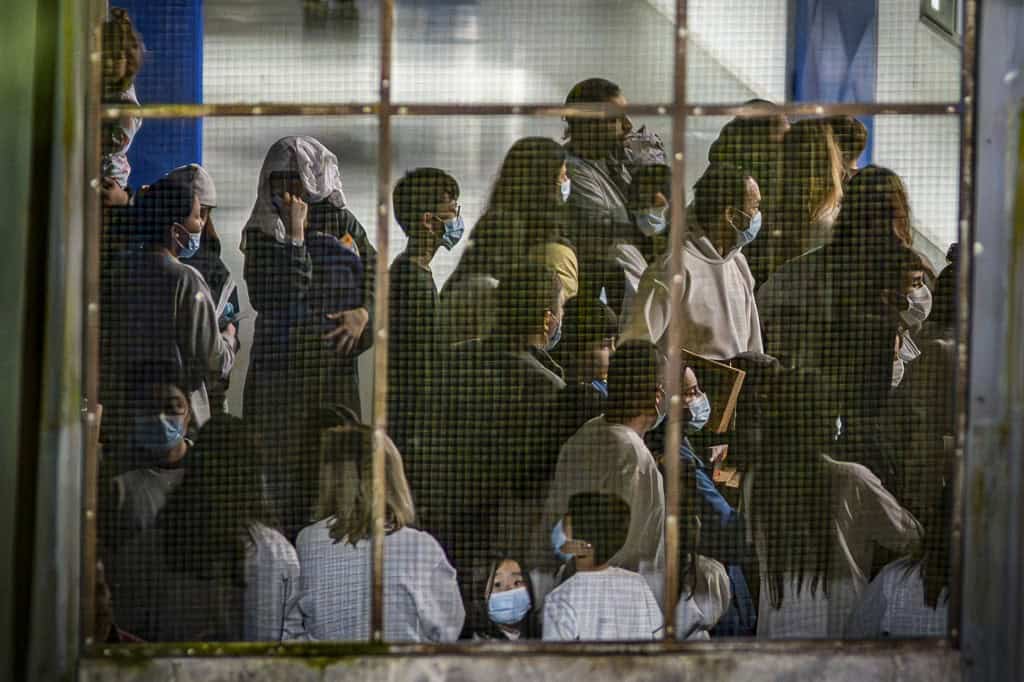Costa Rica recently became the latest destination for a group of 135 deported migrants—including 65 minors—from the United States. The flight, which departed from San Diego, California, arrived at a base adjacent to Juan Santamaría International Airport on Thursday, according to the Costa Rican government. Once on the ground, the deportees were transported by bus to a migrant facility approximately 360 kilometers (224 miles) from San José, near the border with Panama, where they will remain pending repatriation to their countries of origin or onward transfer to host nations such as Panama and Guatemala.
Conditions and Handling on Arrival
Multiple international and national organizations monitored the arrival of the migrants to ensure that their rights were respected and that conditions during transit and processing were documented. However, several flaws in the handling process have come to light. The Ombudsman’s Office reported that the reception area at Juan Santamaría International Airport was inadequately prepared to accommodate the large number of arriving deportees. The migrants, which included babies, children, women, and seniors, endured a flight lasting over four hours followed by a roughly seven-hour bus journey. During their time at the airport, many were stripped of their identity documents—including passports—complicating efforts to verify family ties and secure their rights.
Migrants reported significant gaps in communication: they received little to no information regarding the immigration procedures to be followed, the details of their transfer, or how they might contact family members. This lack of communication, compounded by the absence of individualized medical and psychological support, left particularly vulnerable groups, such as unaccompanied minors, exposed to further hardship. In the case of children, even though all 65 minors on the flight were accompanied by relatives and had no criminal records, many exhibited signs of exhaustion and hunger, highlighting the pressing need for more humane handling.
Regional Response and Broader Context
Costa Rica’s situation is not isolated. In parallel, neighboring countries have been active in handling similar cases. For instance, last week, Panama received 299 deported migrants—with about 100 of them being transferred to the San Vicente refugee camp in the jungle province of Darién. In response, Costa Rica, Panama, and Guatemala have coordinated to accept and temporarily shelter these deportees until they can be sent to their home nations or integrated into other host country programs.
Human rights advocates have stressed that Costa Rica, a nation with a longstanding tradition of respect for human rights and humanitarian aid, cannot afford to let political considerations override the need to protect vulnerable individuals. The Ombudsman’s Office underscored the urgency of providing prioritized and individualized care—particularly for those with special medical or psychological needs—and ensuring that the deportation process respects both national and international human rights commitments.






